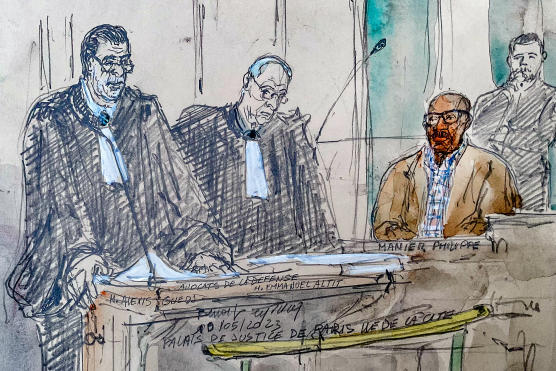
The United Nations Under-Secretary-General and Special Adviser on the Prevention of Genocide, Alice Wairimu Nderitu welcomesthe recent verdict delivered by a court in France, sentencing Philippe Hategekimana to life imprisonment for the crimes of genocide and crimes against humanity committed in Rwanda in 1994. The verdict comes after the fifth such trial of alleged perpetrators of the 1994 Genocide Against the Tutsi in Rwanda by French courts.
Hategekimana’s trial detailed his role in not only carrying out the killings, but also inciting others to do so. After spending more than two decades in France, Hategekimana was finally arrested in Cameroon in 2018.
“It is common knowledge that many indicted people are still at large, and some are reportedly living “normal lives” – without fear of being brought to justice – in Member States of the United Nations. Undoubtedly, this impunity undermines what my Office stands for. As the Special Adviser for the Prevention of Genocide, it is incumbent on my Office to join hands with all parties seeking accountability for perpetrators of atrocity crimes as well as to help provide a strong deterrence to would-be perpetrators of atrocity crimes,” the Special Adviser said in reaction.
Special Adviser Nderitu reiterated her call to all the remaining fugitives of the 1994 genocide against the Tutsi in Rwanda, in which moderate Hutus and others were also killed, to surrender themselves for justice to be served.
“This verdict is another strong signal to all those who commit atrocity crimes, incite to have them committed, or who glorify the perpetrators there of that justice will prevail – no matter their attempts at hiding, no matter the time that has passed,” the UN Special Adviser underlined, noting that such warning signs are needed more than ever, as the risk factors for similar crimes are on the rise across the world.
Court cases and verdicts such as the one delivered against Hategekimana, as well as a recent verdict delivered in Germany against a former ISIS member, are not only a prime example of justice served, but are crucial in ensuring dignity for the victims of the crimes and their families. “It can never ease the pain,” the Special Adviser Nderitu noted, “but it helps bring back standing, visibility, and facts on what happened, to the victims and their loved ones.” (End)
